When you stay in a hotel, the locks of the key card are both helpful and problematic for guests. Technology in these systems has revolutionized from the classic tactile metal keys to magnetic stripe, RFID and NFC enabling cards.
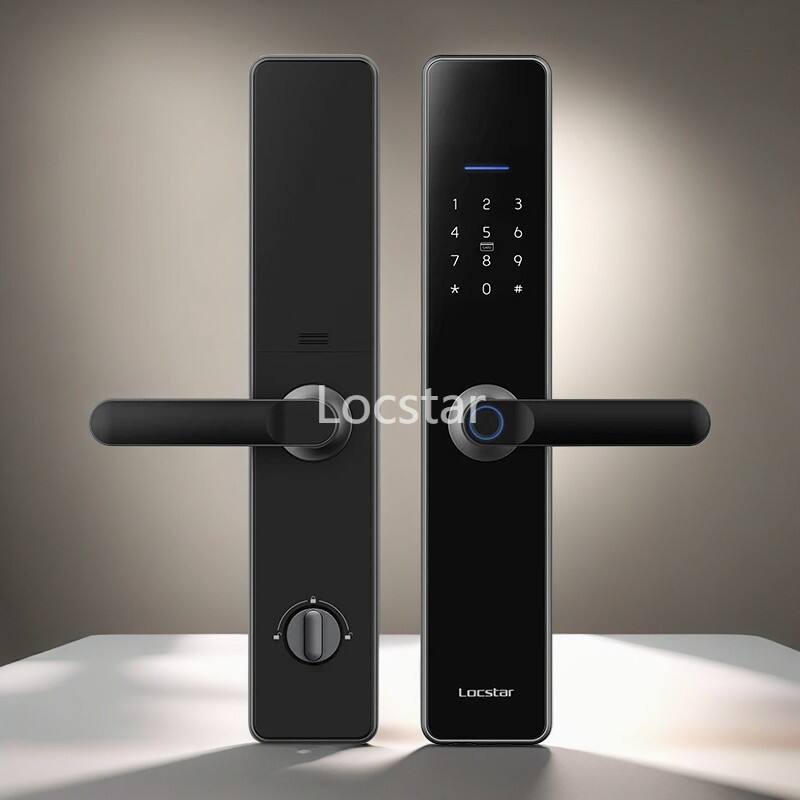
Hotel Room Access Over Time
First of all, it should be mentioned that the evolution of hotel room access has been quite impressive and indicative for sure as to just how much the hospitality sector looks to increase guest satisfaction while keeping various security measures intact. Until now, physical created issues including inconvenience and reduced safety This represented a major movement away, the advent of punch-card systems, and was later advanced even further thanks to groundbreaking magnetic stripe cards that transformed room access with their ease-of-use and re-programmability. Today, these days are hide where we have instant enter through RFID and NFC technologies by which you cannot connect physically & as well security is more strong here.
Key lock systems to increase guest safety
The safety inside the hotel premises is more than just great locks. Key card systems use high-level encryption standards which means no one else will be able to access guest rooms or compromise the privacy of an individual in any room. These access control systems are also programmable to grant entry only during specified times after regular hours, like at pool or business centers for left up security. Completely deactivates lost cards once reported, thus protecting your guests' security and privacy.
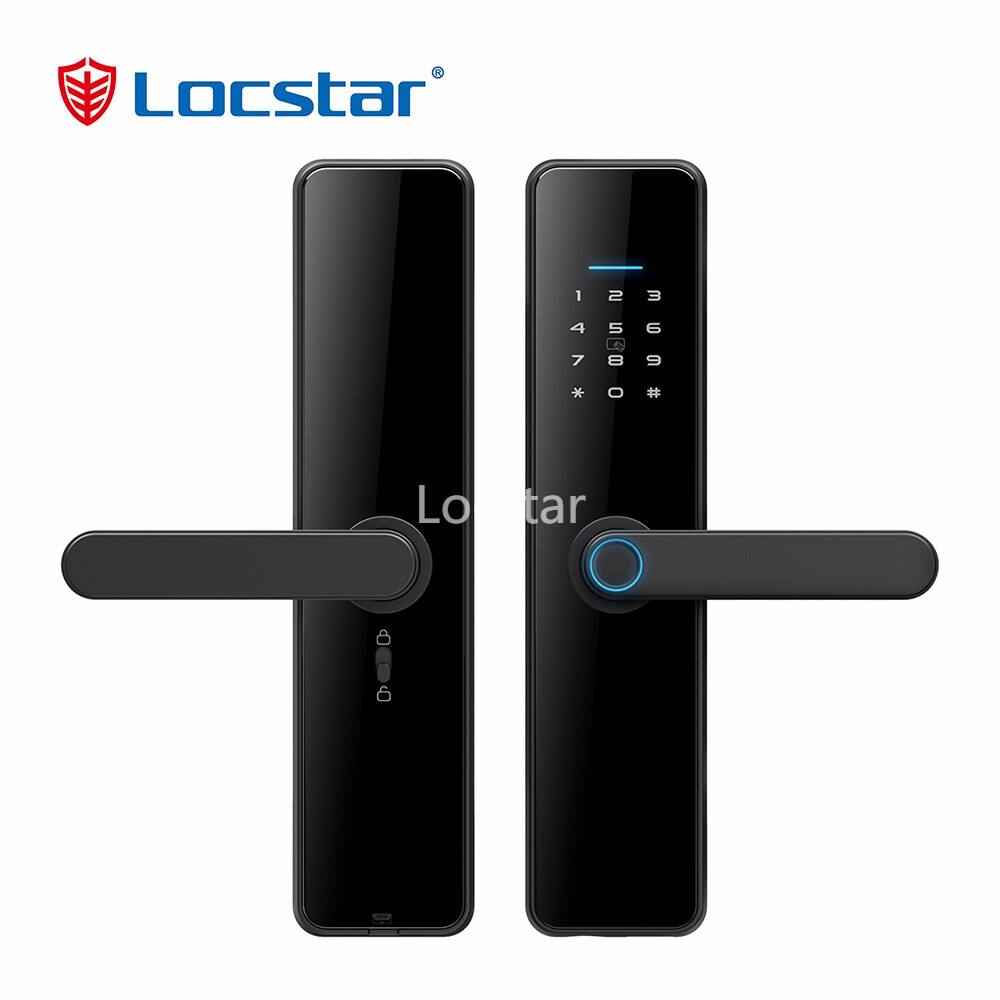
Solving most OFThe key card problems from guests
As smart as they are, any type of key card glitches can be a nuisance to guests every once in awhile. There should be no excuse with things like, demagnetized cards or the card reader being dirty, causing a misread in the signal from your student ID to scan properly OR just user errors. For these kinds of challenges, hotels typically orient their people in order to help guests overcome any reported challenges. Demagnetized cards can be reissued quickly, and clean card readers may retain a level of responsiveness to optimal performance. Guests are also asked not to store their cards near magnets or cellphones, so they do not become inadvertently demagnetized during their stay.
Adapting to a Contactless Entry and Biometric Technology Allegiances with Hospitality
The necessity of hygiene and minimal contact are also driving growth in the adoption touchless entry systems as biometric technology offer unique solutions to this challenge. You can open your door with a smartphone based on mobile keys, which are used in the potential electronic locks of hotels and available through hotel applications without any card remnants. Additionally, biometric authentication methods such as fingerprint or facial recognition increase the security to a whole new level of convenience and personalized access. Our guides will take you through all the steps in these processes to explain how technology can aid your visit by streamlining guest experiences and reducing shared touchpoints, both great for safety.
How Hotel Locks Continue To Evolve
Just like the profiles of haciendas heated up before cooling and being tweaked during other building eras, in times when bar designs evolved to one with better weight balance. From the primitive origins to today's innovative solutions, these are a global testament of human innovation in an effort towards finding a compromise between convenience and security As technology evolves, hotels are inching toward a truly seamless experience where each guest who enters their doors can rest assured his or her stay will be all but worry-free.

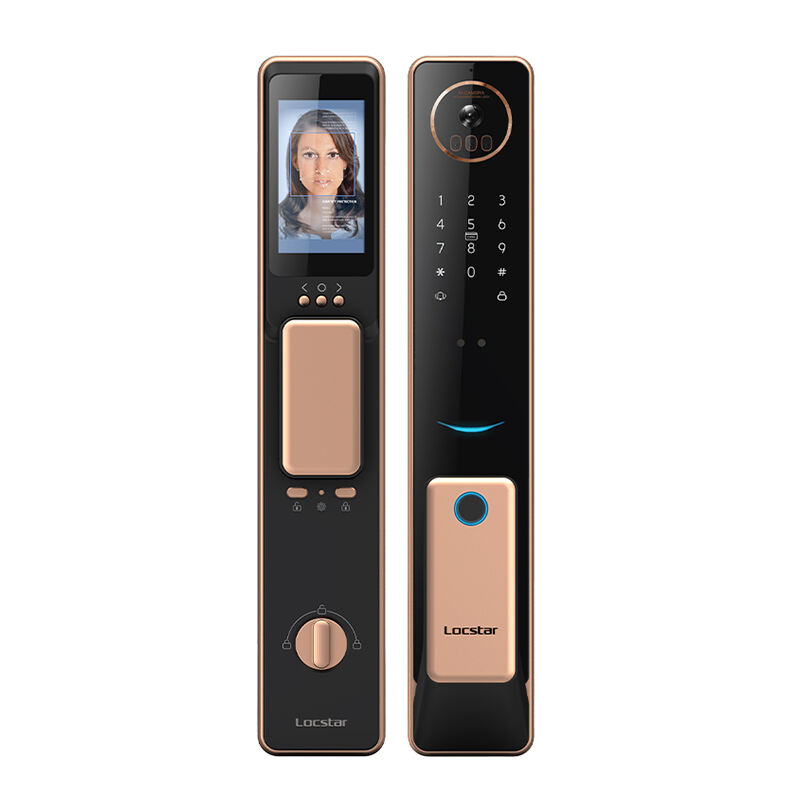

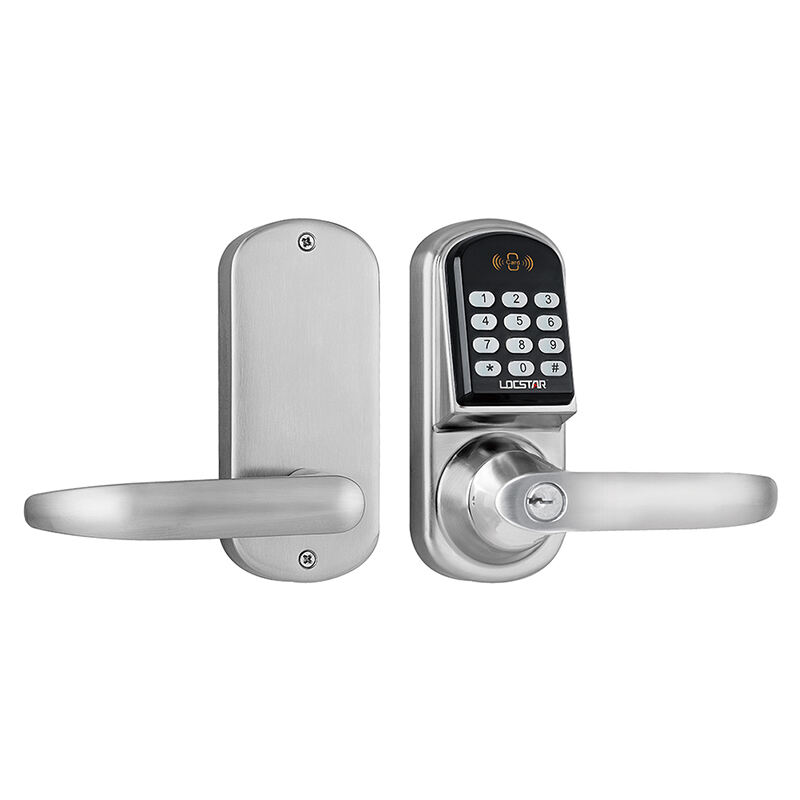
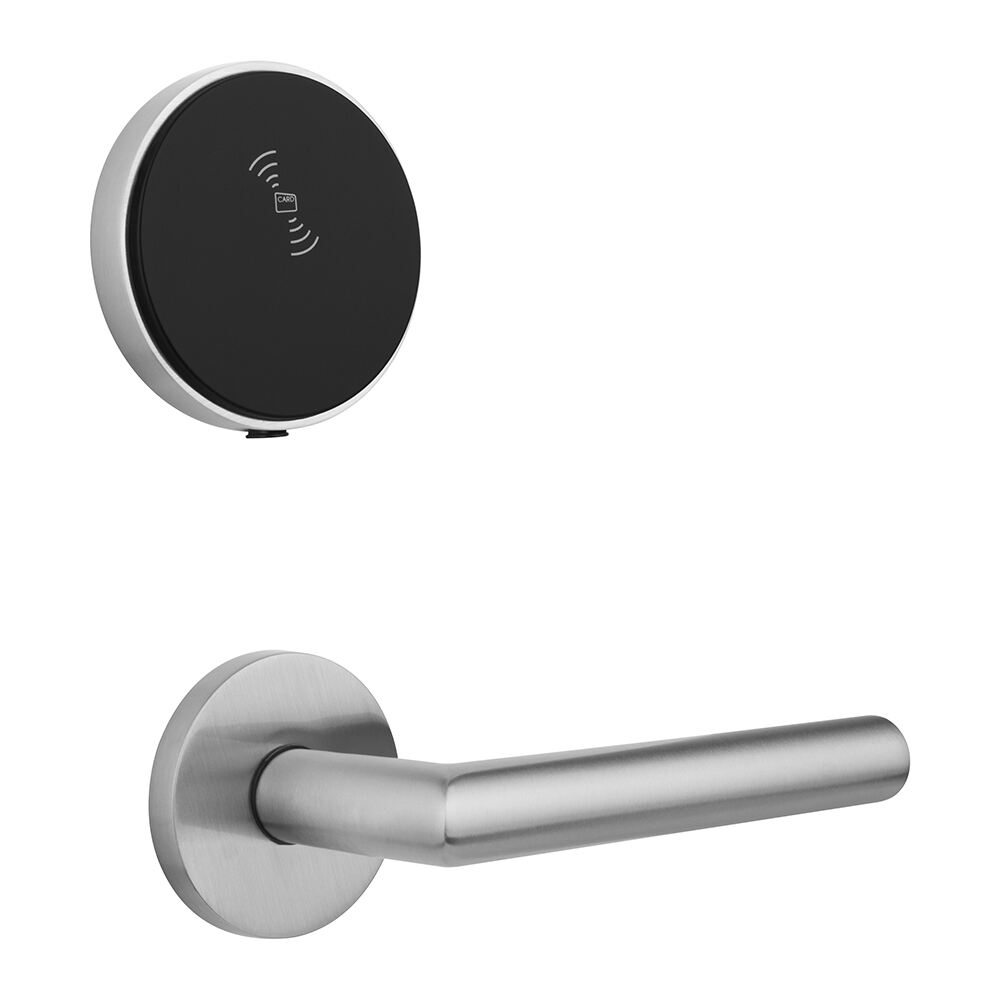
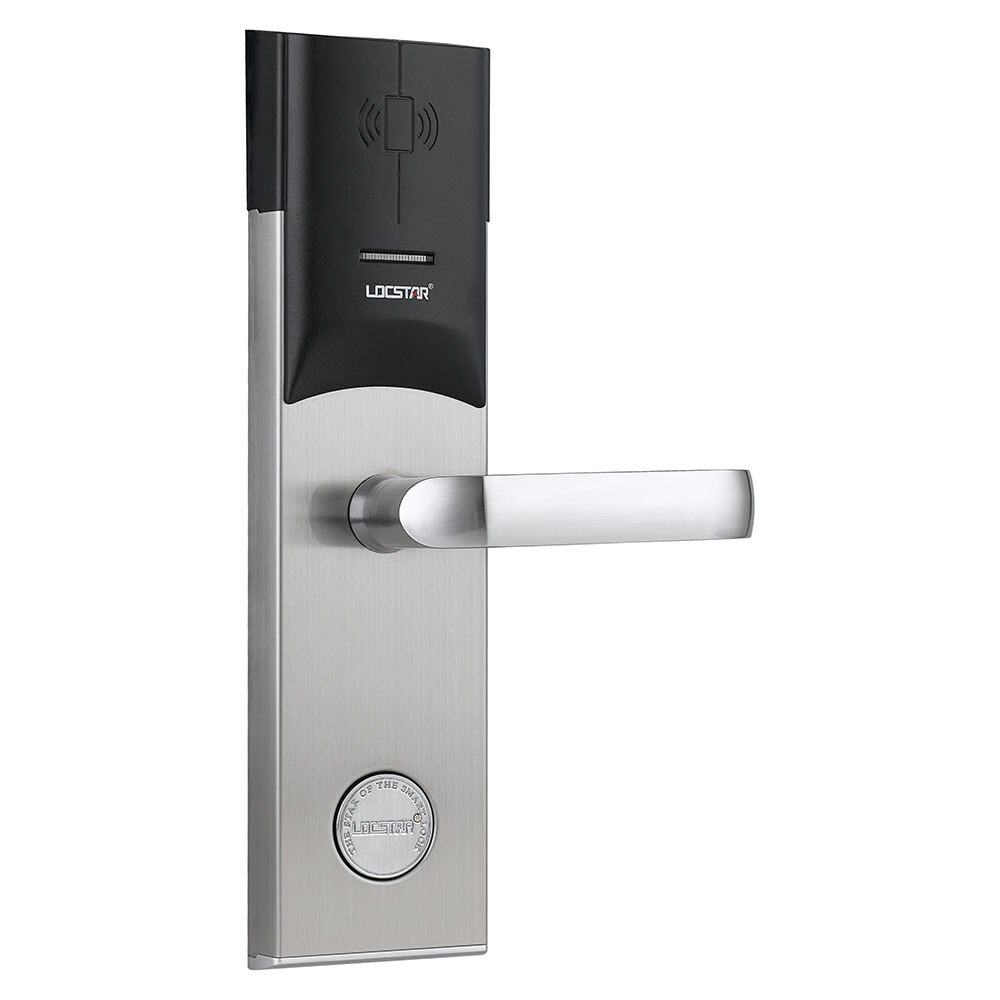
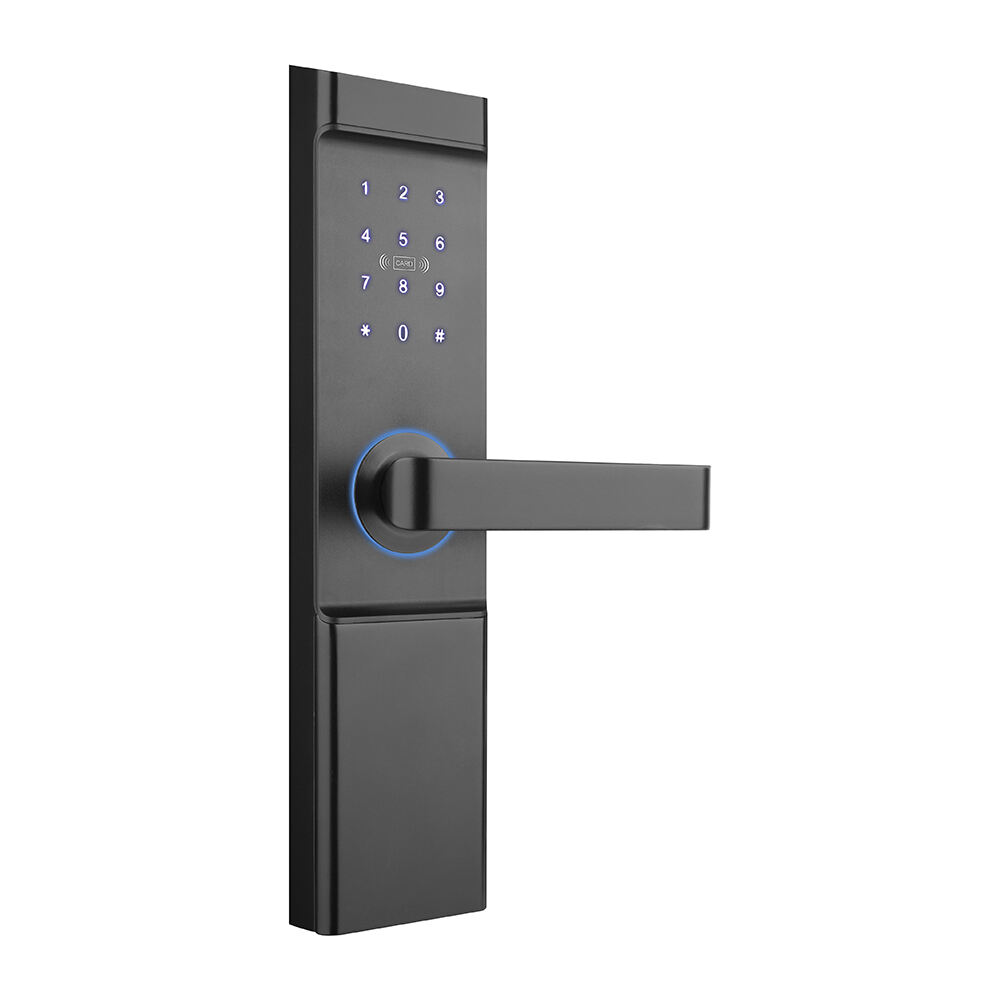
 EN
EN
 AR
AR
 BG
BG
 NL
NL
 FR
FR
 DE
DE
 EL
EL
 HI
HI
 IT
IT
 NO
NO
 PL
PL
 PT
PT
 RO
RO
 RU
RU
 ES
ES
 SV
SV
 TL
TL
 ID
ID
 LT
LT
 SR
SR
 UK
UK
 VI
VI
 SQ
SQ
 HU
HU
 TH
TH
 TR
TR
 FA
FA
 SW
SW
 GA
GA
 BE
BE
 AZ
AZ
 KA
KA
 UR
UR
 BN
BN
 BS
BS
 MN
MN
 NE
NE
 MY
MY
 KK
KK
 UZ
UZ
